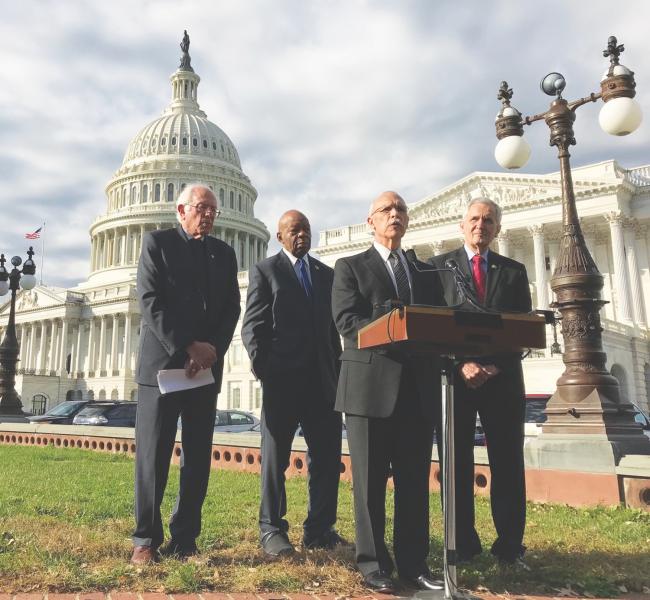
PFAM coordinator Fran Quigley published a new article about patient advocates for affordable medicines, available in the Washington Monthly.
Excerpt:
Why is it so hard to lower the cost of prescription drugs?
Consider the fate of an utterly modest, tentative attempt in the waning days of the Obama administration. In 2016, under a little-known provision of the Affordable Care Act, the Department of Health and Human Services proposed a plan to study one aspect of the problem: the amount Medicare pays for drugs administered in physician offices, which had more than doubled in just eight years. Under the existing practice, physicians who administer medicines in-office, usually for cancer, rheumatoid arthritis, or eye disease, are reimbursed for the average cost of the drugs plus 6 percent of those costs. It’s a classic case of perverse incentives: the higher the cost of the treatment, the more the doctor gets paid. Several studies confirm what common sense predicts: the approach causes physicians to prescribe more expensive drugs than they otherwise would. The proposed five-year experiment would change the physician reimbursement to a flat fee plus 2.5 percent of the drug cost. The costs to Medicare would be compared with a control group still reimbursed at the 6 percent rate. If costs dropped under the new reimbursement plan, Medicare would consider switching to it permanently.
At first glance, reactions to the proposal were predictable. Consumer groups, including the AARP, liked it. Physician groups and pharmaceutical companies, both of which stood to lose substantial income from a switch, opposed it. More surprising was the addition of some powerful allies speaking out on the side of physicians and Big Pharma: patient advocacy organizations. One hundred and forty-seven such groups—with names like the Epilepsy Foundation, the Kidney Cancer Association, and the Lung Cancer Alliance—signed a letter to Congress and the Obama administration insisting that the plan would “represent a major step back for patients and people with disabilities.” Lawmakers from both parties, including Democrat Nancy Pelosi and Republican Tom Price, the future secretary (and now ex-secretary) of HHS, started echoing the patient groups’ objections, overwhelmingly opposing the experiment. In December 2016, the Obama administration withdrew the proposal...
